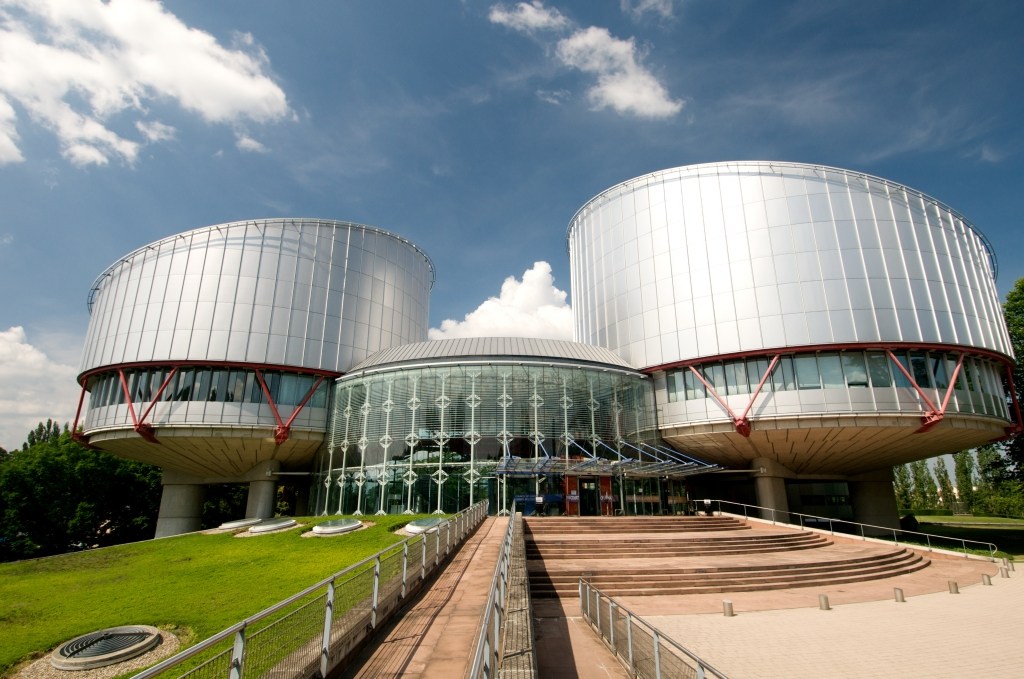A teacher of Islamic religion who was transferred from his school in Anderlecht in Brussels after publishing controversial remarks about the attack on the magazine Charlie Hebdo has no case for a breach of his freedom of expression, the European Court of Human Rights in Strasbourg has ruled.
Yacob Mahi was teaching at the Da Vinci school in Anderlecht shortly after the attack on the magazine in Paris in January 2015, following its publication of cartoons depicting the prophet Mohammed.
At the school, the issue caused fights between students, and a petition condemning a teacher who had spoken in defence of the magazine. One student who refused to sign the petition was attacked and badly injured.
In February 2015, Mahi sent an open letter to the press in which he defended himself from allegations he was behind the unrest at the school. He also, the court found, “expressed views on homosexuality, the media, political leaders and the judiciary, and mentioned an author who had been convicted in France of Holocaust denial, describing him as his ‘mentor’”.
A month later, the Federal Centre for Equal Opportunities and Action
against Racism and Discrimination – now known as Unia – issued an opinion in which they said his remarks were not in breach of anti-discrimination laws, but where they also expressed concern they had been made by a teacher.
Finally, in October 2017, the government of the French Community of Belgium, which has authority over education matters, decided his letter had been in breach of his duty of discretion as a teacher, and transferred him to a school in La Louvière, some 55km away.
Mahi took the decision to the Council of State in 2019, where his application to have the transfer set aside was rejected.
Now the human rights court has echoed that decision.
The court agreed that the transfer order did indeed constitute an interference with his right to freedom of expression. However, such an interference was provided for in a Royal Decree of 1969 which imposed a duty of discretion on teachers.
The court pointed out that “whenever the right to freedom of expression of public servants was at issue, the duties and responsibilities referred to in [the decree] assumed a special significance, which justified leaving to the respondent State a certain margin of appreciation in determining whether the impugned interference was proportionate to the aim as stated.”
Furthermore, the seven-member court – including the Belgian judge Paul Lemmens – said, “With more specific regard to teachers, who symbolised authority for their students in the educational field, their special duties and responsibilities also applied, to some extent, to their out-of-school activities.”
The judges also rejected Mahi’s argument that he had written the open letter to defend himself against allegations in the press.
“It nevertheless held that that consideration alone was insufficient to override his duty of discretion and the requirement that he show moderation in exercising his freedom of expression, given the specific context in which his remarks had been made,” the court said. “
"That was particularly true as the comments and statements had not been a spontaneous reaction during an oral exchange but had taken the form of written assertions which had been widely publicised and had therefore been accessible to his students, which could have aggravated the tensions in the school in question,” the judgement concluded.
Alan Hope
The Brussels Times

